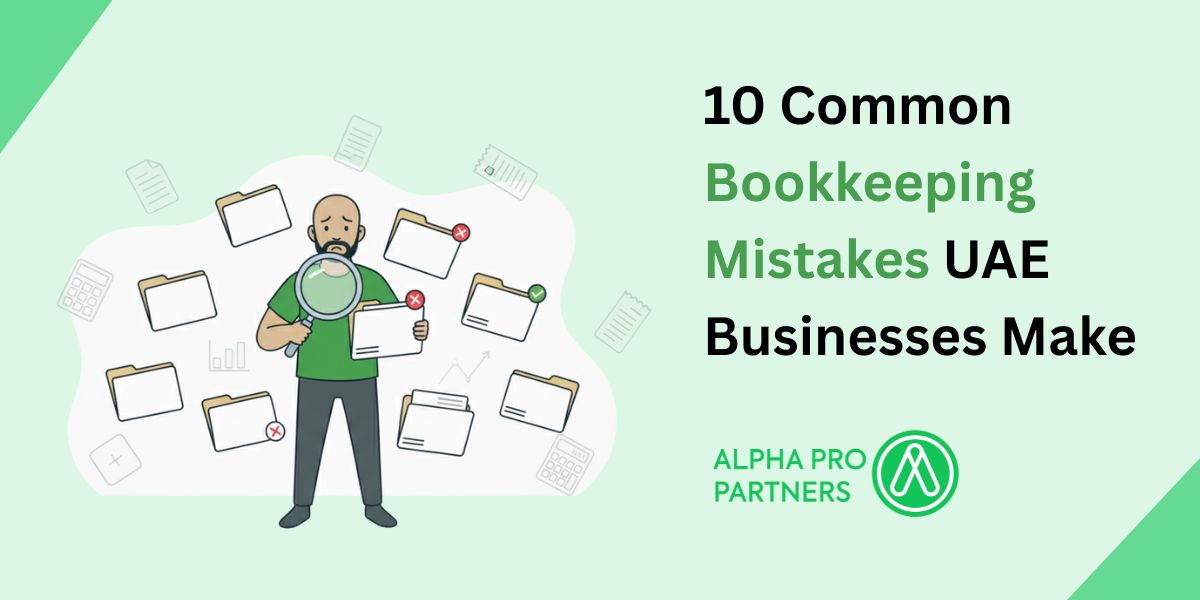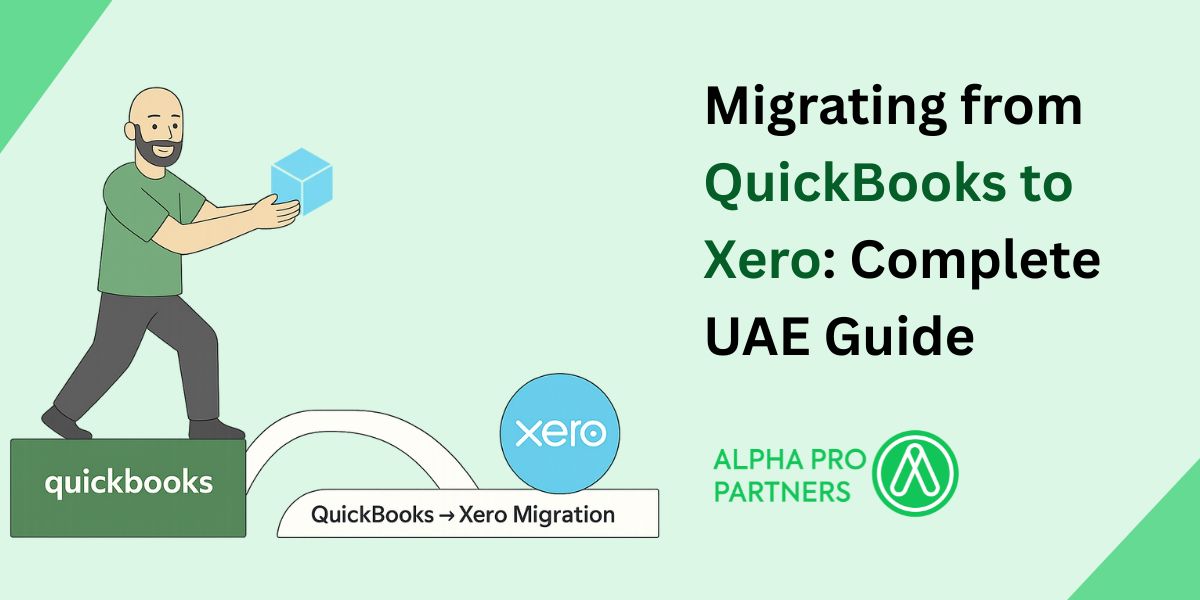Excise Tax vs UAE VAT: What the New Law Means for Small Businesses

In August 2017, the FTA (Federal Tax Authority, the Tax authority responsible for managing and collecting taxes in the UAE) released the anticipated Law 7 of 2017 on Excise tax. This is also known as the infamous sugar tax where tobacco products, energy drinks, and carbonated drinks will incur a 50% -100% tax to curb consumption and contribute to public services. Like VAT, this is an indirect tax on goods and once VAT is implemented, VAT will also be charged on top of the excise tax. Small businesses should note that it is only the businesses that import, produce or store such goods who need to register for the Excise tax.
Although both VAT and Excise tax is indirect taxes, where VAT is a tax on goods and services at each stage of the supply chain, an Excise tax is only paid to the government when the good subject to tax is imported or produced by the manufacturer. Once it is sold to the retailer, this price will include the excise tax, which is then passed on to the consumer by the retailer. It should also be noted that the law is effective as of 1 October 2017 and also that for any provisions not mentioned in this law, then the Tax procedures law should apply.
Key highlights of the law are as follows:
Article 2 of the law outlines the scope and here it is mentioned that the excise tax will apply to goods specified by the Cabinet (Cabinet of the UAE) and will be imposed on the production, import into the UAE, released from a designated zone (to be later clarified which zones are applicable) or storage of the goods.
Article 3 relates to the tax calculation and it is stated that the Cabinet will issue the tax rates, however, the tax rate will not exceed 200%. Note that it has been published that tobacco and energy drinks will incur a 100% tax whereas carbonated drinks will be taxed at 50%.
All businesses which are involved in the scope of activities will need to register with the FTA otherwise they will need to halt their activities according to article 5 and for any businesses operating within a designated zone (this is likely to include free zones but is to be confirmed at a later date) they must register as a warehouse keeper as per article 8.
The date of calculation for tax should be based on one of the following events: (1) the date of import, (2) when released for consumption, or (3) when the goods were acquired as per article 10. This differs from VAT as the tax is charged at each point of the supply chain whereas excise is only marked up once. Goods with an advertised price should also include the excise tax as per article 11.
There are a few exemptions where the tax may not always apply. For example, goods, which are exported, would be exempt as per article 12. This would make sense, as any tax on exports of products would lose out to competition from other exporting nations due to the mark-up. Article 14 also mentions that the transfer of goods between designated zones would also be exempt but no further explanations were provided on this mechanism which could lead to more questions than answers. For example, would companies set up in the designated zones to get around charging the tax? A designed zone is defined as Any fenced area intended to be a free zone that cannot be entered or exited except through a designated road, and any area designated by the Authority as being subject to the supervision of a Warehouse Keeper, by the Executive Regulation of this Decree-Law.
When administering the tax, there are a few cases where tax deductions and refunds can be made according to the law. In the case of tax deductions, according to article 16, the only circumstances permitted include when tax has been paid on exports when tax is paid on goods that become a component of another good also subject to tax, and amounts paid in error. As per article 21, the only time when tax refunds would be made is for foreign governments, international organizations, and diplomatic bodies subject to certain conditions. A further condition is where excise has been paid in one GCC state but exported to another GCC state.
The final point of administration involves the requirement of record-keeping as per article 24. In this circumstance, record-keeping includes records of all produced, imported, and stored goods, records of exported goods and evidence, inventory data of the goods, the tax due on imports, production of goods and inventory, and any information relating to a tax deduction as per article 16.
For more information and to get the latest updates on VAT in the UAE, subscribe to our list or like our LinkedIn page.

.webp)







%20Widgets%2C%20Shortcuts%20%26%20Customisation.jpg)







.webp)
.webp)


.png)
.png)
.png)
.png)
.png)

.png)
.png)



.png)
.png)





.jpg)


.jpg)





.png)
.png)






.png)


